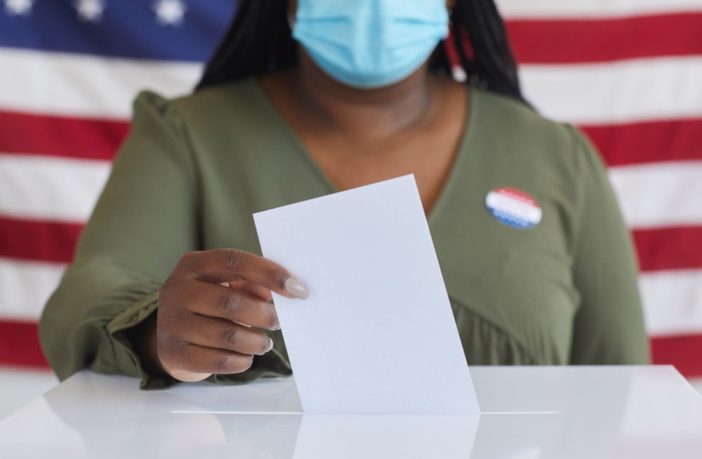In the landscape of American democracy, the right to vote serves as the bedrock, offering a pathway to equal representation and active engagement in the nation’s political fabric. Despite its foundational importance, the journey of Black American voting rights has been fraught with enduring obstacles, characterized by a disheartening persistence of deceptive tactics. These insidious strategies have systematically eroded the integrity of this fundamental democratic practice.
Throughout history, the struggle for equitable access to the ballot box has been a central narrative for Black Americans. While significant strides were made following the monumental Voting Rights Act of 1965, the legacy of deceptive maneuvers continues to cast a shadow, impeding the full realization of fair and unobstructed voting rights for Black communities. These challenges persist in various forms, from misinformation campaigns to legislative maneuvers that disproportionately impact marginalized groups.
Despite being a beacon of democratic ideals, the American electoral process grapples with a persistent undercurrent of deception, particularly detrimental to Black American voting rights.
At the heart of this issue lies a troubling history marred by discriminatory practices that sought to disenfranchise Black voters.
One prevalent tactic involves misinformation campaigns designed to confuse and deter eligible Black voters. False information about polling locations, voting times and eligibility requirements are disseminated through various channels, including social media, flyers and word of mouth. Such deceitful tactics aim to suppress Black voter turnout by sowing seeds of doubt and confusion.
Another concerning trend is the manipulation of electoral district boundaries, commonly known as gerrymandering. This practice redraws district lines to dilute the voting power of Black communities, fragmenting their influence by strategically dividing their population across multiple districts. Gerrymandering effectively diminishes the collective voice of Black voters, distorting the democratic process.
Moreover, the implementation of restrictive voter ID laws disproportionately impacts Black voters. These laws often require specific forms of identification that many Black Americans may struggle to obtain, such as government-issued IDs or driver’s licenses. Such requirements create unnecessary barriers to voting, disproportionately affecting marginalized communities and restricting their access to the ballot box.
In recent years, there has been a concerning resurgence of attempts to suppress Black voter participation through tactics like voter roll purges. These purges remove individuals from voter rolls under the guise of maintaining accuracy but can result in the inadvertent disenfranchisement of eligible voters, particularly in communities of color.
Addressing these deceptive tactics requires a multifaceted approach centered on safeguarding and reinforcing the voting rights of Black Americans. Strengthening legislation to protect against voter suppression, enhancing voter education initiatives and ensuring fair and impartial redistricting processes are crucial steps towards safeguarding the integrity of the electoral system.
Furthermore, promoting transparency in political campaigns and holding accountable those who engage in deceptive practices are essential in upholding the principles of democracy and ensuring equitable access to the voting process.
Government entities, advocacy groups and citizens alike must remain vigilant against deceptive tactics that undermine the voting rights of Black Americans. By fostering a culture of inclusivity, transparency and accountability, society can uphold the democratic ideals of fairness and equal representation for all.
The persistent deployment of deceptive tactics to impede Black American voting rights stands as an urgent and concerning reality, demanding immediate attention and concerted action. Protecting these rights transcends mere legality; it’s an indispensable moral duty critical for upholding the core tenets of democracy and fostering equitable participation among all citizens.
United as a society, we must firmly oppose any endeavors aimed at undermining the hard-won voting rights of Black Americans. It is incumbent upon us to forge a future where every voice resonates and every vote carries weight—a future where the integrity of the electoral process remains unassailable.
This story was created using AI technology.



